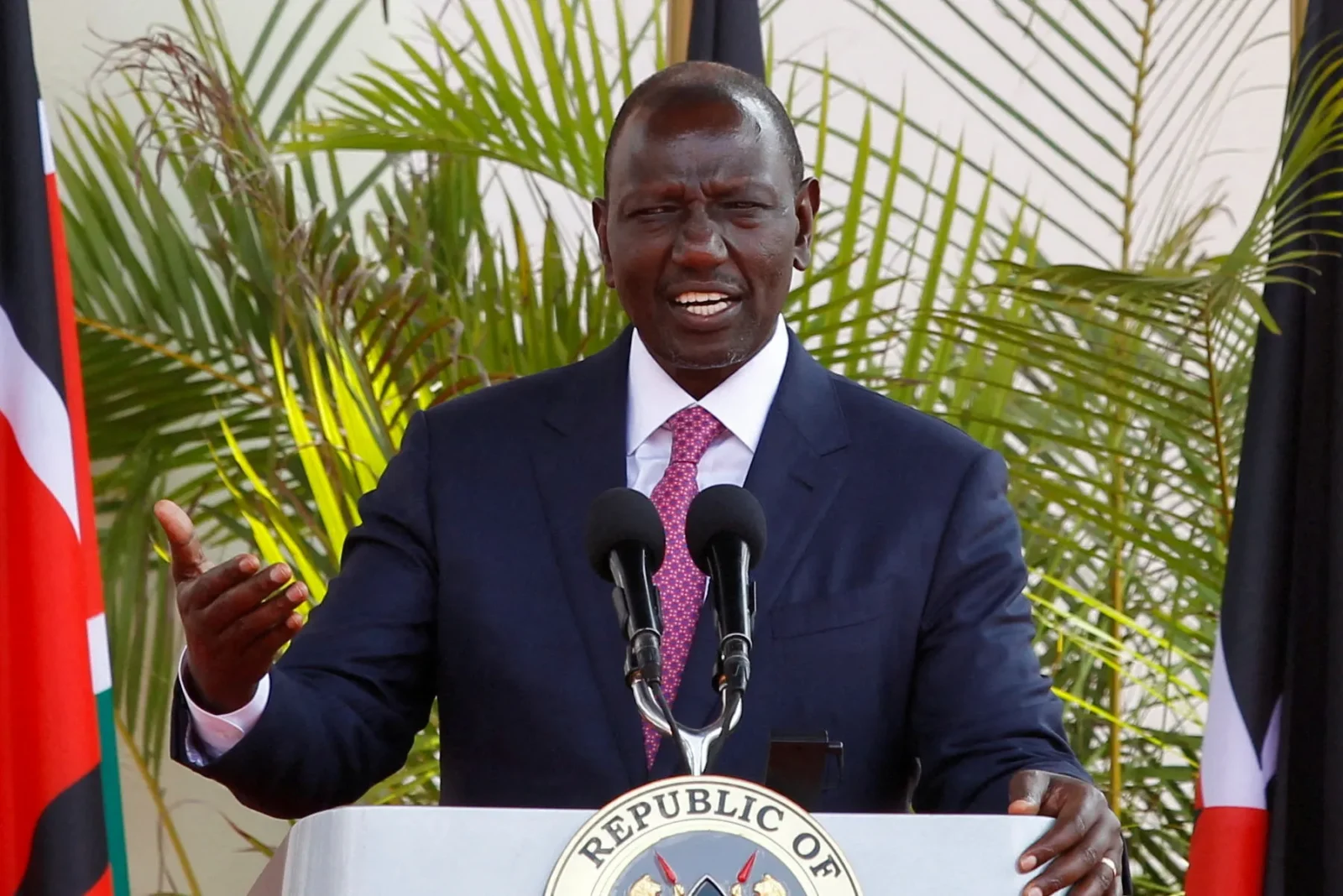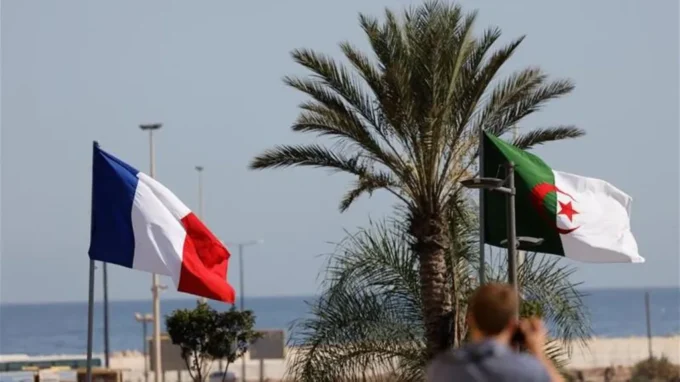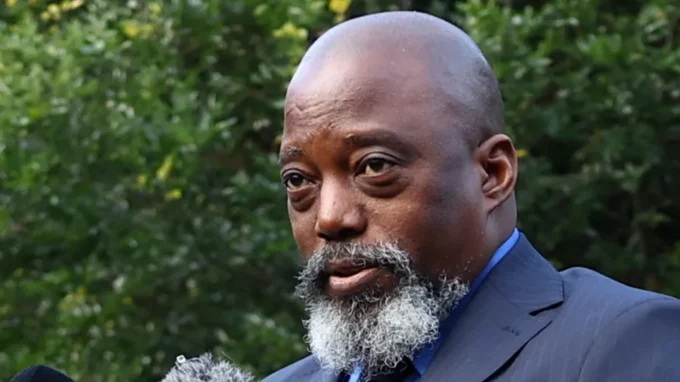The Kenyan government has initiated a comprehensive corruption audit across all ministries and public institutions. Prime Cabinet Secretary Musalia Mudavadi made the announcement on Monday, stating that the government has formally engaged the IMF to conduct a governance and corruption diagnosis. This move is seen as part of President William Ruto’s efforts to combat corruption and stabilize the country’s struggling economy.
“The government has formally engaged the International Monetary Fund to conduct a comprehensive governance and corruption diagnosis across all ministries and public institutions,” Mudavadi shared via social media. “This initiative is part of the President William Ruto government’s unwavering resolve to eradicate graft and protect the economy and livelihoods of Kenyans.”
The IMF welcomed the move, reaffirming its commitment to support Kenya’s governance reforms. Julie Kozack, Director of the Communications Department at the IMF, emphasized the importance of good governance in the IMF’s engagement with Kenyan authorities. She added that the audit aims to strengthen Kenya’s governance frameworks and provide a foundation for the government to take effective anti-corruption actions.
The decision to carry out this audit follows a recent visit by an IMF delegation led by Haimanot Teferra, which took place in Nairobi on September 16. The delegation stressed the urgent need for new fiscal policies from the Ruto administration to address the economic challenges facing the country. Kenya has been grappling with a significant fiscal deficit, mounting debt, and rising public discontent, all while attempting to meet IMF conditions for financial assistance.
One of the IMF’s key demands has been the implementation of new tax policies, a condition that has been met with resistance within Kenya. The controversial Finance Bill 2024, which proposed increasing taxes, was rejected by parliament, creating further hurdles for the Ruto administration in meeting the IMF’s terms.
In response to the political and economic turbulence, President Ruto appointed John Mbadi as the new finance minister, signaling a potential shift in fiscal strategy. Mbadi is tasked with the challenge of addressing public frustration over rising costs of living while aligning government policies with IMF requirements. This dual challenge will test both his leadership and the government’s ability to navigate a complex economic landscape.
Kenya’s reliance on external borrowing has been a point of contention among citizens, many of whom argue that heavy borrowing has done little to improve their lives. Protests have erupted over the increased tax burden imposed on citizens to service the country’s growing debt. The IMF, however, maintains that its financial support has helped stabilize Kenya’s financial markets, easing the country’s access to the bond market and enabling it to roll over its maturing Eurobond.
Amid rising public scrutiny, activists have continuously called on the government to disclose the full extent of Kenya’s national debt, particularly the amount owed to China. The lack of transparency around Kenya’s debt profile has fueled public discontent and raised concerns about the country’s fiscal health.
In response to these concerns, President Ruto established a task force to audit the country’s debt, with the report expected to be released by the end of September. The audit is anticipated to shed light on Kenya’s debt burden and provide a clearer picture of the country’s financial obligations, particularly in relation to its growing debt to China.
The nationwide corruption audit, coupled with the task force’s findings on Kenya’s debt, is expected to play a crucial role in determining the country’s economic future. As Kenya navigates these challenges, the government’s ability to address corruption, improve transparency, and implement sound fiscal policies will be key in securing future financial assistance from the IMF and restoring public confidence in the country’s economic direction.














Leave a comment